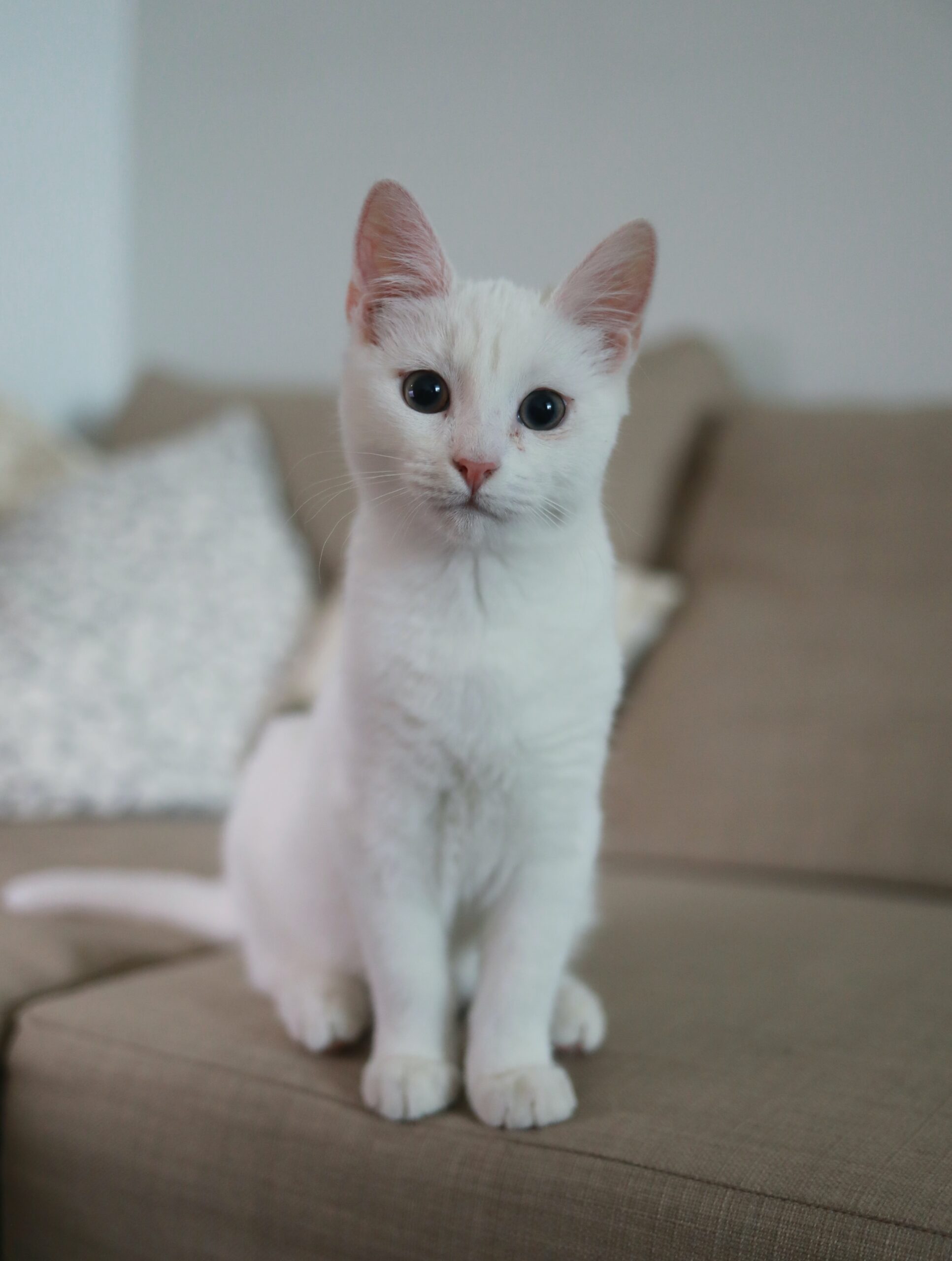Are you wondering if it’s safe for your feline friend to munch on olives? Well, you’re in luck! In this article, we will explore whether cats can enjoy these tiny, flavorful fruits or if they should steer clear. So, if you’ve ever caught your furry companion eyeing your salad or snack plate, you won’t want to miss out on all the fascinating information we have in store for you. Let’s find out if cats can eat olives and what precautions you should take to keep them safe and healthy.
Can Cats Eat Olives?
As a friendly pet owner, it’s natural to wonder if your feline friend can share your love for olives. After all, cats can be curious creatures and are often tempted by the smells and tastes of our favorite foods. So, can cats eat olives? Let’s explore the topic together and find out!

This image is property of images.unsplash.com.
Nutritional Value of Olives
Olives are a fruit that is commonly used as a savory ingredient in various Mediterranean dishes. They come in different types and colors, such as green and black, each with its own unique flavor. While olives are a tasty addition to human meals, it’s essential to consider their nutritional value for our feline companions.
Olives are low in calories and are a good source of healthy fats, including monounsaturated fats. They also contain trace amounts of vitamin E, vitamin K, iron, and calcium. However, cats have specific dietary requirements, and their nutritional needs differ from ours. Therefore, while olives may offer some nutritional value, they should not serve as a staple food in your cat’s diet.
Potential Benefits of Olives for Cats
While olives might not be a dietary necessity for cats, they do offer a few potential benefits. The monounsaturated fats found in olives can be beneficial for maintaining a healthy coat and skin in cats. Additionally, the small amounts of vitamins and minerals present in olives can contribute to overall feline wellness.
Risks and Precautions
While olives can provide some nutritional benefits, it is essential to be aware of potential risks and take necessary precautions. One of the primary concerns is the high sodium content in olives, which can be harmful to cats in large amounts. Excessive sodium intake may lead to dehydration, kidney problems, and even heart issues in cats. Therefore, it’s crucial to limit your cat’s consumption of olives and be cautious about the overall salt content in their diet.
Another potential risk is the presence of pits in olives. These pits can pose a choking hazard or cause digestive issues if swallowed by cats. To avoid any problems, always remove the pits before offering olives to your feline companion.
Olives as a Treat
Considering the potential risks and benefits, olives can be given to cats as an occasional treat. Treats play a valuable role in rewarding good behavior and strengthening the bond between you and your cat. However, it’s important to remember that treats should compose no more than 10% of your cat’s daily caloric intake to maintain a balanced and healthy diet.

This image is property of images.unsplash.com.
Types of Olives Suitable for Cats
When choosing olives for your cat, it’s important to select the right type. Plain and unseasoned olives are the best options for feline consumption. Avoid olives that are marinated in oils, herbs, or spices, as these additional ingredients can be harmful to cats.
Preparing Olives for Cats
Before offering olives to your cat, it’s crucial to prepare them properly. Rinse the olives thoroughly to remove any excess salt or brine. Additionally, ensure that all pits are removed, as mentioned earlier. By taking these steps, you can make olives safer and more enjoyable for your feline friend.

This image is property of images.unsplash.com.
Feeding Olives to Cats
Now that you have prepared the olives, it’s time to offer them to your cat. Remember that olives should only be given as an occasional treat, not as a substitute for a well-balanced cat food diet. Start by offering a small piece of olive to your cat and observe their reaction. If your cat seems interested and enjoys the taste, you can continue offering olives in moderation. However, if your cat shows disinterest or experiences any digestive upset, it’s best to avoid giving them olives in the future.
Signs of Olive Allergies in Cats
Just like humans, cats can also have allergies, and olives may be a potential allergen for some felines. If your cat exhibits any signs of an allergic reaction after consuming olives, it’s important to discontinue offering them and consult a veterinarian. Signs of olive allergies in cats may include vomiting, diarrhea, excessive scratching, skin irritations, or difficulty breathing. Seeking professional guidance will ensure the well-being of your cat and help you identify alternative treats.

Alternatives to Olives for Cats
If you’re unsure about giving olives to your cat or your feline friend simply doesn’t enjoy them, there are several alternative treats that you can explore. Some safe options include small pieces of cooked chicken or turkey, freeze-dried meat treats specifically made for cats, or even specially formulated cat treats available in pet stores or from your veterinarian. Always remember to offer treats in moderation and consider your cat’s overall dietary needs.
Consulting a Veterinarian
When it comes to your cat’s diet and overall health, it’s always a good idea to consult with a veterinarian. A professional can offer personalized guidance based on your cat’s age, breed, and any specific health considerations. They can also address any concerns you have about feeding olives or other human foods to your feline companion. Your veterinarian is the best resource for ensuring the optimal well-being and nutritional balance of your beloved cat.
In conclusion, while olives can be a tasty and potentially beneficial treat for cats in moderation, they should not replace a well-balanced feline diet. Always ensure that olives are prepared appropriately, pits are removed, and sodium intake is kept at a safe level. Pay attention to your cat’s reactions and consult a veterinarian if you have any concerns or suspect an allergic reaction. By taking these precautions, you can safely share the occasional olive treat and enjoy the company of your feline friend.


